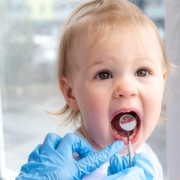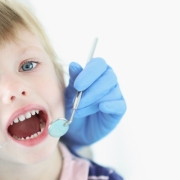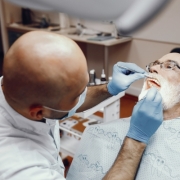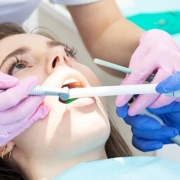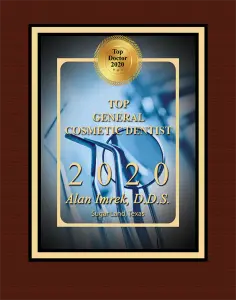5 Ways to Maintain Good Dental Health this Summer
Do you want to take good care of your teeth this summer? There are many things you can do to make this happen. From seeing the dentist in Sugarland, TX to working hard on your oral health at home, you can go the extra mile to maintain clean, healthy teeth all summer long. Here’s what you need to know.
1. Maintain Good Oral Health At Home
The oral hygiene routine you maintain at home plays an important role in your overall oral health and wellness.
- Brush your teeth twice daily. Brush your teeth twice daily for two minutes at a time. Use a toothbrush with soft bristles, and don’t push too hard when you’re brushing.
- Floss once daily. Flossing once daily can help keep the bacteria out of the spaces between your teeth, and can help improve your gum health.
2. Brush Your Teeth With An Electric Toothbrush
Switch out your manual toothbrush for an electric toothbrush. Electric toothbrushes have been shown to promote better oral health for users. In fact, people who use an electric toothbrush have been shown to keep their teeth for longer. Why?
Most electric toothbrushes have an oscillating head that just cleans teeth better. Electric toothbrushes also come with features that help you clean your teeth better, like a timer that ensures your tooth brushing stops after two minutes.
3. See the Dentist for a Dental Cleaning
If you haven’t been to the dentist yet in the last 6 months, go! Going to the dentist two times per year helps keep your teeth clean and prevents plaque from building up on your teeth. Going to the dentist two times per year also helps catch oral health problems in their early stages, so they can be fixed before they become a bigger problem.
4. Get a Brushing and Flossing Tutorial from Your Dentist
When you go to the dentist for your cleaning, ask your dentist to show you how to brush and floss properly. Getting a tutorial will help you build up your oral hygiene skills and take better care of your teeth.
5. Eat Foods That Are Good for Your Teeth
Want to know more about maintaining good oral hygiene in Sugarland, TX? Contact First Dental Family & Cosmetic Dentistry. We can answer your questions and give you advice at your next appointment.


